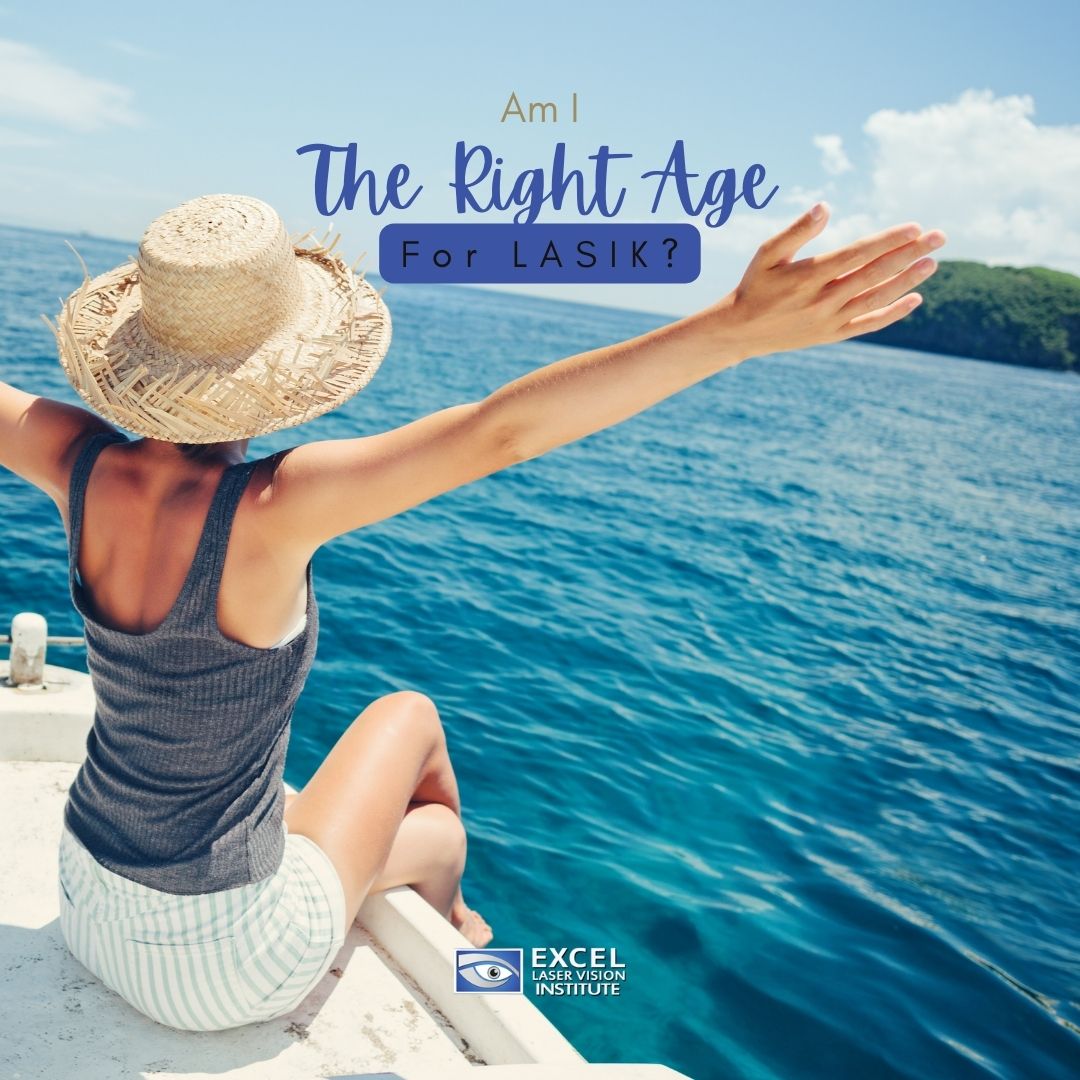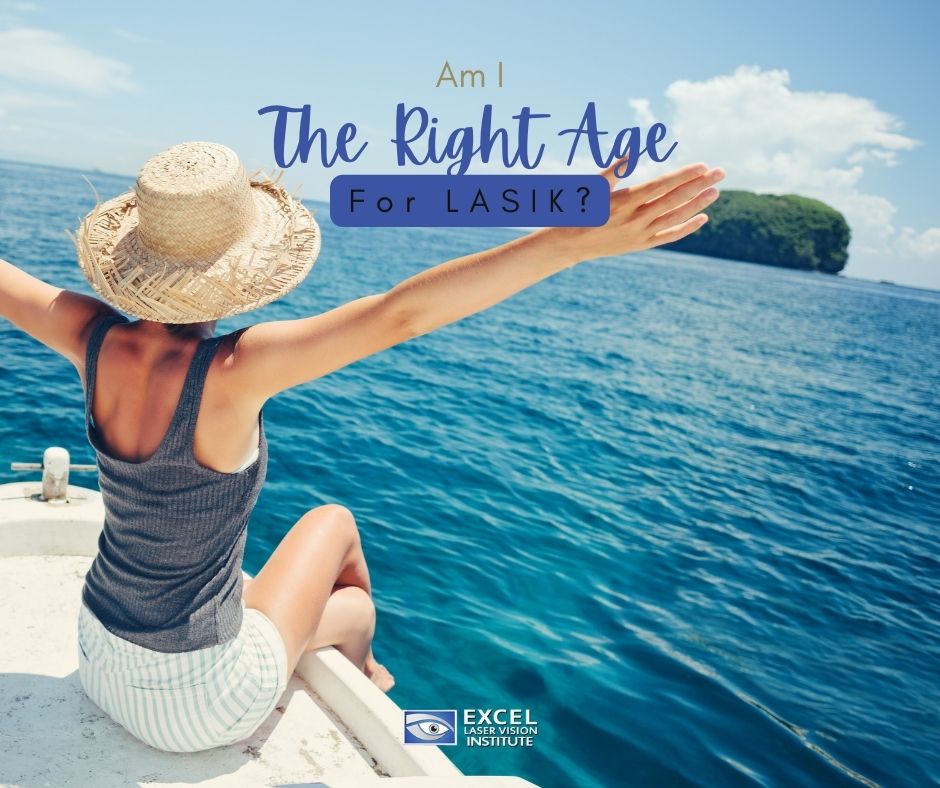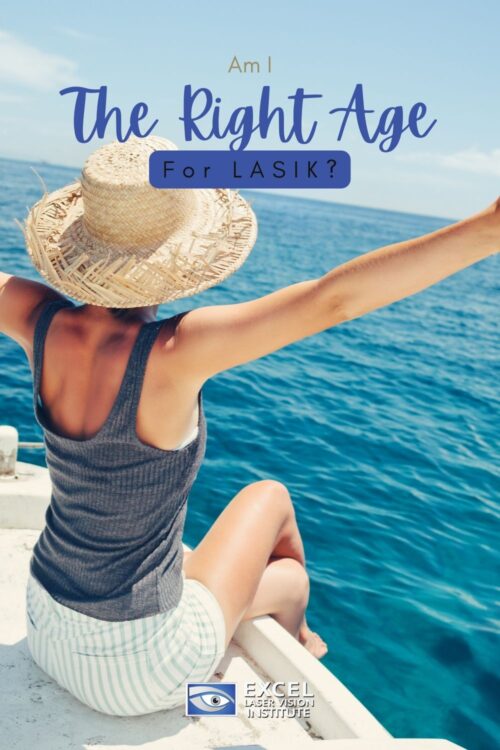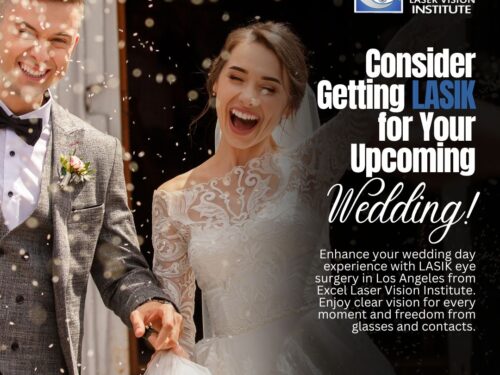
You might have heard about the Goldilocks Effect—it’s a principle derived from the classic fairytale, “Goldilocks and the Three Bears.” Here, a young girl named Goldilocks breaks into a Papa Bear, Mama Bear, and Baby Bear’s house, eats their porridge, sits on their chairs, and sleeps on their bed. In the story, Goldilocks chooses everything the Baby Bear owns because everything was ‘just right.’
The Goldilocks Effect describes how people naturally gravitate towards things that are ‘just right.’ In astronomy, a Goldilocks planet is neither too near the star to be too hot, nor too far to be too cold, allowing living beings to survive. In economics, it refers to three pricing tiers (i.e., high-tier, mid-tier, and low-tier) that cater to all corners of the market. But, did you know that the Goldilocks Effect applies to corrective eye surgery too?
Optimally, you need to be at an age that’s ‘just right’ to get LASIK. That’s because your eye health changes as you age—this affects how well LASIK works.
Now, that doesn’t mean only people of a certain age range can get LASIK! It just means that others need to jump through more hoops to achieve the best results. You must understand how age is a factor in LASIK so you can know what to expect and calculate LASIK eye surgery costs.
What Age is Too Young?
Generally, LASIK isn’t recommended for people younger than 18-years old. Some doctors even recommended their patients wait until they’re 21! That’s because your eyes are still developing at this stage—your near-sightedness, far-sightedness, and astigmatism can still worsen until you reach your 20s. If you undergo LASIK too young, you risk fixing your vision before it’s set, making LASIK less effective.
As you probably already know, LASIK can be pretty expensive. LASIK in Los Angeles, for example, can get up to $4000 per eye! So, unless you’re ready to shell out that kind of money twice, it’s much better to just wait until your vision has stabilized.
What Age is Too Old?
Fortunately, there isn’t a real cut-off age for LASIK. You can even get LASIK well over 60 as long as you meet the necessary qualifications! According to WebMD, a study of 424 LASIK in their 40s to 60s showed that LASIK can still be effective even with the age difference, though they were more likely to get enhancements or repeat procedures.
However, take note that a couple of age-related eye issues will probably make things harder for you. It can affect how well LASIK works the first time you get it, or may even disqualify you from getting LASIK altogether. Here are some of the most common issues:
Presbyopia
Presbyopia is characterized by the gradual hardening of your eyes’ lenses. Because it’s less flexible, it can’t focus as well on close-up objects, making everything look blurry and out of focus. Symptoms of presbyopia include holding objects at an arm’s length to see them clearer, blurred vision, and frequent headaches after using your eyes too close up too long.
Presbyopia is a natural side effect of aging. It starts manifesting as early as your 40s.
Because LASIK only works on the cornea, it can’t do anything to stop presbyopia in your lens. You’ll probably still need glasses if you want to do anything close-up. However, some LASIK doctors address presbyopia by optimizing one eye for close vision and one eye for distant vision. You should discuss presbyopia options with your doctor first to see if they can work for you as this option doesn’t work for everyone.
Cataracts
Cataracts are cloudy areas in your eye that develop when proteins clump together. This prevents your eye from getting clear images, and when left untreated, can cause total blindness. This is commonly seen among older people—according to the World Health Organization, approximately 65.2 million of them around the world are affected by cataracts.
The prevention and treatment of cataracts are totally irrelevant to LASIK. If your vision is affected because of your cataract, LASIK isn’t going to do anything to help it. You’ll need to get your cataracts removed first before you can get LASIK surgery, and a separate surgery is needed to get cataracts fixed if you get them after LASIK.
Glaucoma
Glaucoma is a condition in which your eye’s optic nerve is damaged. It is caused by high pressure in your eye and can lead to total blindness. There is no cure for glaucoma, and you’ll really need to monitor your progress every few years to prevent it from progressing further.
LASIK works on the cornea of your eye, making it thinner. This, then, makes it harder to diagnose glaucoma in its early stages and monitor glaucoma in its moderate and severe stages. If you’re someone with glaucoma or are at high risk of glaucoma, we don’t recommend getting LASIK.
What Age is Just Right?
Many eye health experts agree that age 25 to 40 is the ideal age for LASIK. At this point, your prescription has stabilized and will likely remain consistent for years to come. Depending on your health (e.g., family history of diabetes or cardiovascular disease that are risk factors for cataracts) and eye health (e.g., dry eye syndrome, which disqualifies patients because of decreased tear production), most people at this age are likely to be approved for LASIK.
Conclusion
In short, Goldilocks should probably get LASIK when she’s around 25-40 years old, though she can get it as early as 18. This age range is ‘just right.’ Anything below 18 should not be considered.
Once Goldilocks is past 40, she’ll need to have her doctor screen her eyes for age-related eye conditions that can affect the effectiveness of LASIK. There’s still a huge chance she can get LASIK at this age, but she needs to be aware that the outcome may not be quite the same because of presbyopia, or that she needs to deal with more serious eye issues like cataracts and glaucoma first before thinking about getting LASIK.
Now, before anything else, Goldilocks needs to have a consultation with a professional LASIK surgeon. This article is only a guideline, so she’ll need more expert advice to see if she’s qualified for corrective eye surgery. A LASIK surgeon will take her general health, eye health, and age all into consideration and figure out the best way to achieve the perfect vision for her.
If you’re just like Goldilocks and need an expert opinion from a LASIK surgeon, then Dr. Ferzaad Moosa will be glad to help. He has performed LASIK in Los Angeles and Orange County for the past 23 years and is a certified member of the Board of Ophthalmology. And what’s more—his consultations are free of charge!
Contact his clinic today at (310) 905-8622 or visit his online consultation form here to get started.





